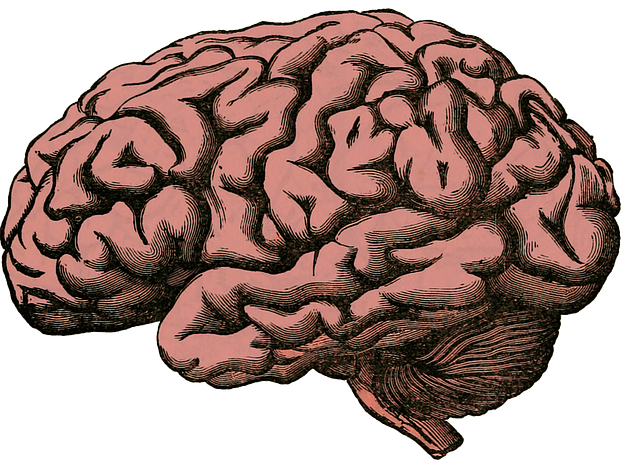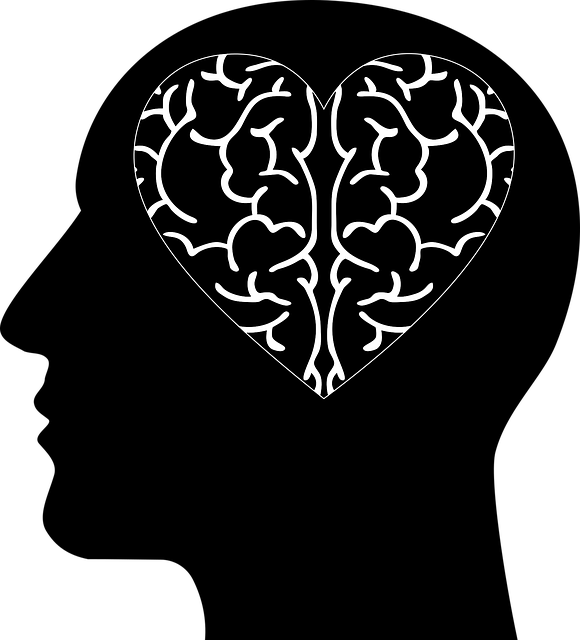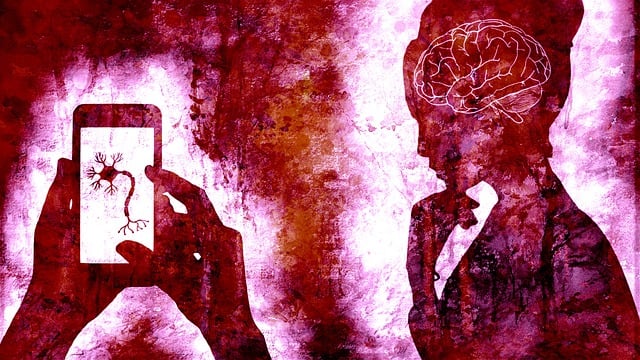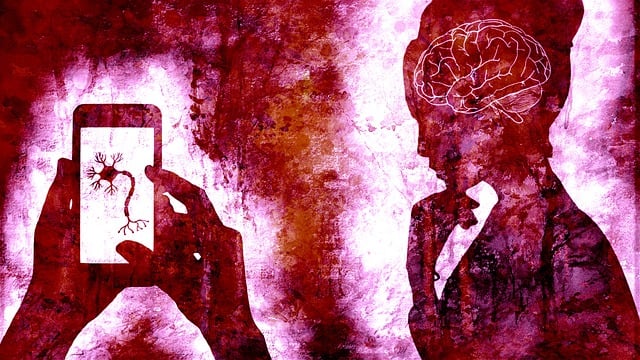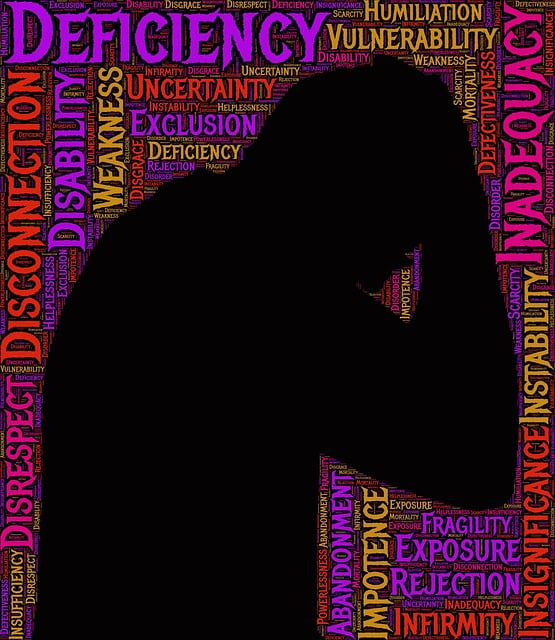Mental Health Crisis hotlines in Louisville serve as crucial resources for immediate support during emotional distress, offering confidential connections with trained professionals. Louisville Codependency Therapy integrates these services, providing holistic solutions that address complex interpersonal issues through self-awareness exercises, communication strategies, and stress management workshops. Crisis hotline services, often misunderstood, offer safe spaces for expression and long-term guidance, reducing mental illness stigma and promoting better self-care practices. As mental health awareness grows, these services evolve with innovative technologies and partnerships to ensure help reaches everyone.
In today’s fast-paced world, mental health crisis hotline support services play a vital role in assisting individuals navigating turbulent emotions. Understanding these hotlines, like Louisville Codependency Therapy, is crucial for recognizing their potential impact on well-being. This article explores the various facets of crisis support, from the significance of hotlines to common misconceptions, offering insights into how to access and maximize these valuable resources. We also delve into future directions, ensuring a more comprehensive understanding of mental health care.
- Understanding Mental Health Crisis Hotlines
- The Role of Louisville Codependency Therapy
- How to Access and Utilize These Services
- Common Challenges and Misconceptions
- Impact and Future Directions for Crisis Support Services
Understanding Mental Health Crisis Hotlines

Mental Health Crisis hotlines are essential services designed to offer immediate support and guidance during moments of intense emotional distress or mental health crisis. These 24/7 helplines provide a safe, confidential space for individuals to connect with trained professionals who can offer a listening ear, crisis intervention, and valuable resources. Whether someone is experiencing feelings of despair, suicidal thoughts, or coping with acute anxiety, these hotlines ensure that help is readily available without the need for an appointment or insurance.
In Louisville, for instance, codependency therapy programs have integrated such hotline services to enhance their support networks. This approach not only ensures continuous care but also empowers individuals by providing accessible tools for self-management and resilience. Beyond crisis intervention, these hotlines often offer guidance on various mental wellness coaching programs and development opportunities, including journaling exercises that promote self-reflection and improvement in areas like self-esteem.
The Role of Louisville Codependency Therapy

Louisville Codependency Therapy plays a pivotal role in addressing complex interpersonal issues that often underlie mental health crises. This specialized therapy focuses on identifying and modifying unhealthy patterns of relating to others, helping individuals break free from codependent behaviors. By fostering self-awareness exercises and communication strategies, Louisville Codependency Therapy empowers clients to navigate relationships more effectively.
In conjunction with stress management workshops offered by organizations like the local Mental Health Association, this therapeutic approach offers a holistic solution. These workshops equip participants with practical tools for managing stress and anxiety, further strengthening their coping mechanisms. Through a combination of individual therapy sessions and group workshops, Louisville Codependency Therapy becomes a powerful resource in the community’s mental health support network, offering hope and healing to those facing codependency challenges.
How to Access and Utilize These Services

Accessing mental health crisis hotline support services is a crucial step in managing and overcoming difficult emotions or situations. In Louisville, codependency therapy centers often provide such hotlines as part of their comprehensive care approach. These services are designed to offer immediate assistance, guidance, and resources for individuals experiencing a mental health crisis. To connect with these helplines, one can typically dial a dedicated phone number, which is often free and confidential.
Utilizing these services involves sharing details about your current situation openly with a trained professional. They will provide active listening, empathy, and evidence-based communication strategies to help manage mood and navigate through crises. Over time, this support can contribute to reducing the mental illness stigma, fostering better self-care practices, and enhancing overall well-being. Remember that reaching out for help is a sign of strength and an essential step towards healing.
Common Challenges and Misconceptions

Despite the vital role they play in supporting individuals during mental health crises, crisis hotline services often face several challenges and misconceptions. One prevalent issue is the misunderstanding of their capabilities; many people assume hotlines primarily offer quick fixes or temporary relief. In reality, these services provide a safe space for individuals to express their feelings, receive guidance, and connect with trained professionals who can offer long-term support.
Another common challenge is the lack of awareness about the variety of services available. Crisis hotlines cater to diverse needs, from providing emotional well-being promotion techniques and mental wellness journaling exercise guidance to assisting those dealing with specific issues like Louisville codependency therapy. By demystifying these services, hotlines can ensure that individuals receive the most appropriate support tailored to their unique situations, fostering better outcomes and enhanced emotional regulation.
Impact and Future Directions for Crisis Support Services

The mental health crisis hotline support services have been instrumental in providing immediate assistance and saving lives during critical moments. These hotlines offer a confidential space for individuals to express their struggles, be heard, and receive guidance from trained professionals. The impact is profound, especially in communities like Louisville where access to specialized therapy, such as codependency therapy, can transform lives. As mental health awareness continues to grow, these services are evolving to meet the diverse needs of a changing demographic.
Looking ahead, future directions for crisis support services include integrating innovative technologies, expanding accessibility through digital platforms, and fostering partnerships with local communities and organizations. The integration of Mental Wellness Podcast Series Production can enhance reach and engagement, promoting positive thinking and mental health education. By leveraging these strategies, crisis hotline support services aim to ensure that help is available to all those in need, no matter their location or background.
Mental health crisis hotline support services play a vital role in addressing urgent psychological needs, offering immediate assistance and guiding individuals toward long-term well-being. As demonstrated by Louisville Codependency Therapy, specialized treatment centers can enhance these services, providing comprehensive care for complex issues like codependency. By understanding access points and challenging misconceptions, we can ensure that those in crisis receive the effective support they deserve. Future developments should focus on expanding resources and integrating innovative practices to better serve a diverse range of individuals in their time of need.




